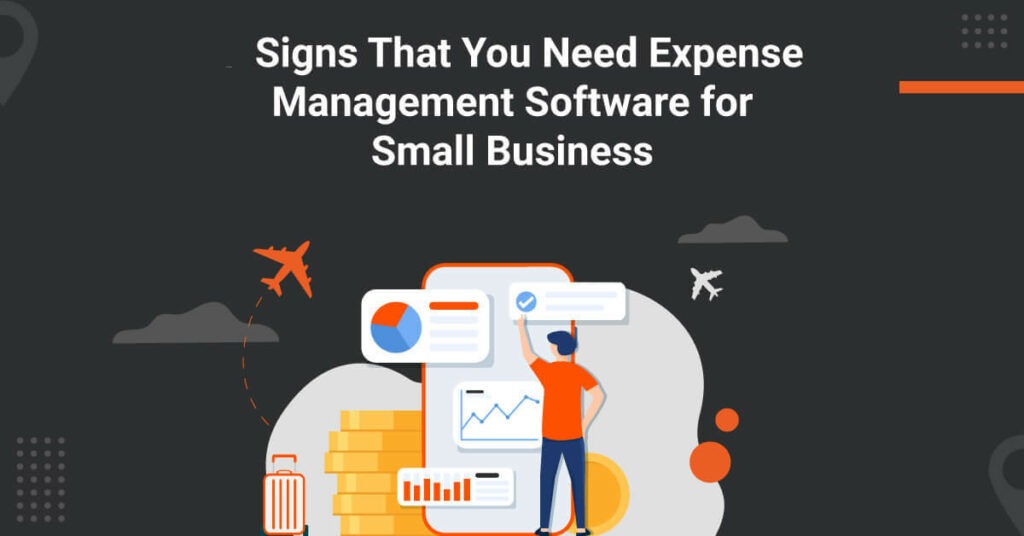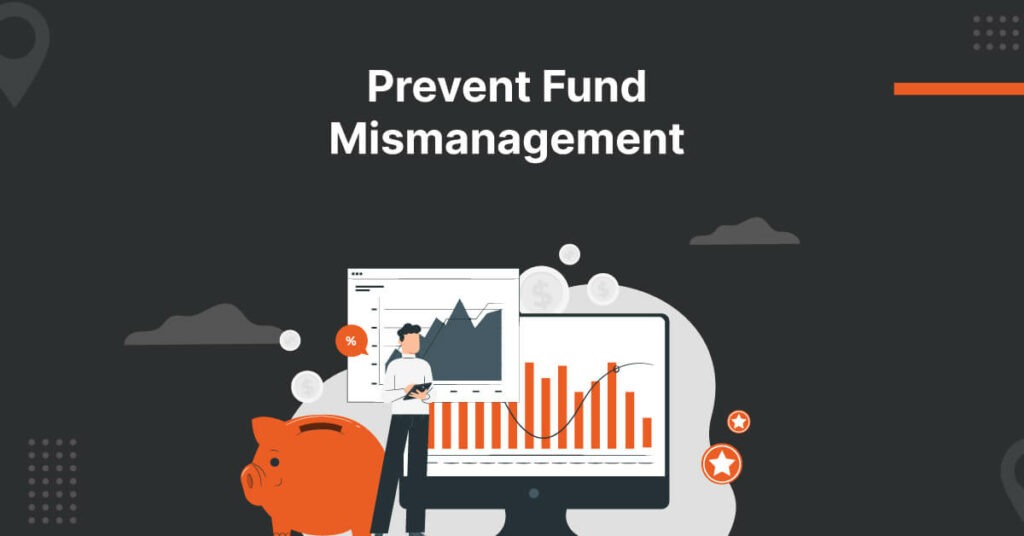
In the changing world of import-export, companies deal with many moving parts, like shipping, customs, and international travel. However, amidst the promises of global opportunities, the industry faces a significant challenge—the potential financial strain and difficulty managing international travel business expenses. Managing money in this process is very tough because costs can pile up quickly—from shipping fees to complying with rules in different countries to rapidly changing currency values.
These challenges can make running an import-export business expensive and inefficient. With this blog, we dig into the financial dynamics of the export-import sector, scattered international travel business expenses, and the role of SaaS platforms in navigating these challenges.
How does the Export-Import Industry Function?
At its core, this process involves the buying and selling of products between countries. each transaction involves multiple steps to operate smoothly.
First is market research and product selection. Organizations identify opportunities and assess the demand for specific goods in target markets.
After successful negotiations with vendors, the logistics of shipping and transportation follow. This involves coordinating the movement of goods, navigating customs regulations, and ensuring compliance with international trade laws. The financial aspects of shipping, including costs and customs duties, determine the overall profitability of the transaction.
Currency exchange is a constant consideration in international travel business expenses. Exchange rate fluctuations impact the cost of goods and influence profit margins. This calls for a careful financial strategy to mitigate risks.
Organizations should have the necessary permits to avoid delays and penalties.
Suggested Read:
Financial Leakages of Export-Import Expenses
Financial leakages can affect operations’ profitability and financial health in the export-import industry. Here are a few international travel business expenses:
- Currency Exchange Fluctuations: The volatile nature of currency exchange rates can impact the cost of imported goods or services. Sudden changes in exchange rates cause financial losses and affect profit margins and overall budget planning.
- Costly Logistics And Shipping: The logistics of transporting goods across borders involves a multitude of expenses, including freight charges, customs duties, and storage fees.
- Customs And Compliance Expenses: This is a tricky part. You need to relearn compliance policies as you enter a new country. Delays, fines, and penalties due to non-compliance add unforeseen costs.
- Inaccurate Tariff Classification: Misclassification of goods for tariff can result in you overpaying or underpaying customs duties.
- Unanticipated Legal Costs: The export-import industry is subject to various legal considerations, including contract disputes, intellectual property issues, and trade disputes.
- Overhead And Administrative Costs: Inefficient administrative processes, such as manual paperwork and fragmented documentation, can increase overhead costs. Streamlining administrative tasks through technology and automation can reduce these financial leakages.
Operational Inefficiencies in the Export-Import Industry
- Manual Data Entry Errors: Relying on manual data entry for tracking expenses can lead to errors and inaccuracies. Manual input leaves room for costly mistakes, from miscalculating shipping costs to recording incorrect currency values.
- Paper Receipts: In an industry where precise record-keeping is crucial for financial accuracy, depending on paper receipts can result in incomplete or lost data.
- Fragmented Expense Tracking: With a centralized system for expense tracking, organizations can easily track and analyze expenses. You don’t get a comprehensive overview of your global business travel expenses.
- Lack Of Policy Enforcement: Inconsistent enforcement of expense policies can result in overspending and non-compliance.
- Limited Visibility Into Spending Patterns: With analytics and reporting tools, organizations need more visibility into spending patterns and trends.
How a T&E Platform Can Fast-Track Export-Import Business?
Managing travel expenses becomes a nuanced challenge in the intricate world of export-import, where global transactions and international travel are the norm. Let’s look at how these platforms help reduce costs and optimize savings:
1. Customized Currency Management: The fluctuating international currencies add to global business travel expenses. A specialized Travel and Expense Management platform offers tailored currency management tools. It provides real-time exchange rate insights, allowing organizations to track and manage expenses in their home currency, minimizing the impact of unpredictable currency shifts.
2. Logistics Optimization For Global Trade: Export-import travel involves many logistical challenges—from coordinating shipments to attending crucial international meetings. The platform offers logistics optimization features that go beyond generic travel solutions. It assists in planning routes that align with trade routes, optimizing freight costs, and ensuring that every leg of the journey contributes to cost efficiency in the broader supply chain.
3. Industry-Specific Compliance Assurance: The export-import industry operates in a heavily regulated environment with unique compliance requirements. The Travel and Expense Management platform tailored for this sector ensures that organizations adhere to industry-specific travel policies and trade regulations. It becomes a proactive guardian against compliance issues, reducing the risk of fines or delays related to customs and trade laws.
4. Analytics: Financial leakages in international travel can be subtle yet impactful. The platform incorporates advanced analytics with a focus on export-import spending patterns. It identifies potential areas of cost optimization, preventing financial leakages by providing detailed insights into the entire spectrum of international travel-related expenses.
5. Swift Reimbursements: Operational agility is crucial in global trade. The platform expedites the reimbursement process, ensuring that employees involved in export-import activities are promptly reimbursed. This boosts employee satisfaction and supports smoother cash flow management, which is essential for organizations working within the dynamic export-import landscape.
6. Tailored Administrative Efficiency: Export-import administrative tasks often involve intricate documentation and coordination. The platform streamlines administrative processes, offering tailored features that align with industry-specific paperwork and reporting requirements. This targeted efficiency reduces overhead costs associated with manual administrative tasks.
Streamline Your Global Business Travel Expenses with Itilite
Being in the export-import line of work is difficult, especially after the global pandemic. But a platform like itilite that offers centralized systems, real-time analytics, and policy enforcement features can make things easy for you. You can automate your work while saving a dime. If you want to streamline your international travel business expenses, contact us today. Itilite will make your travel very efficient.
Don’t wait any longer. Book a demo.












